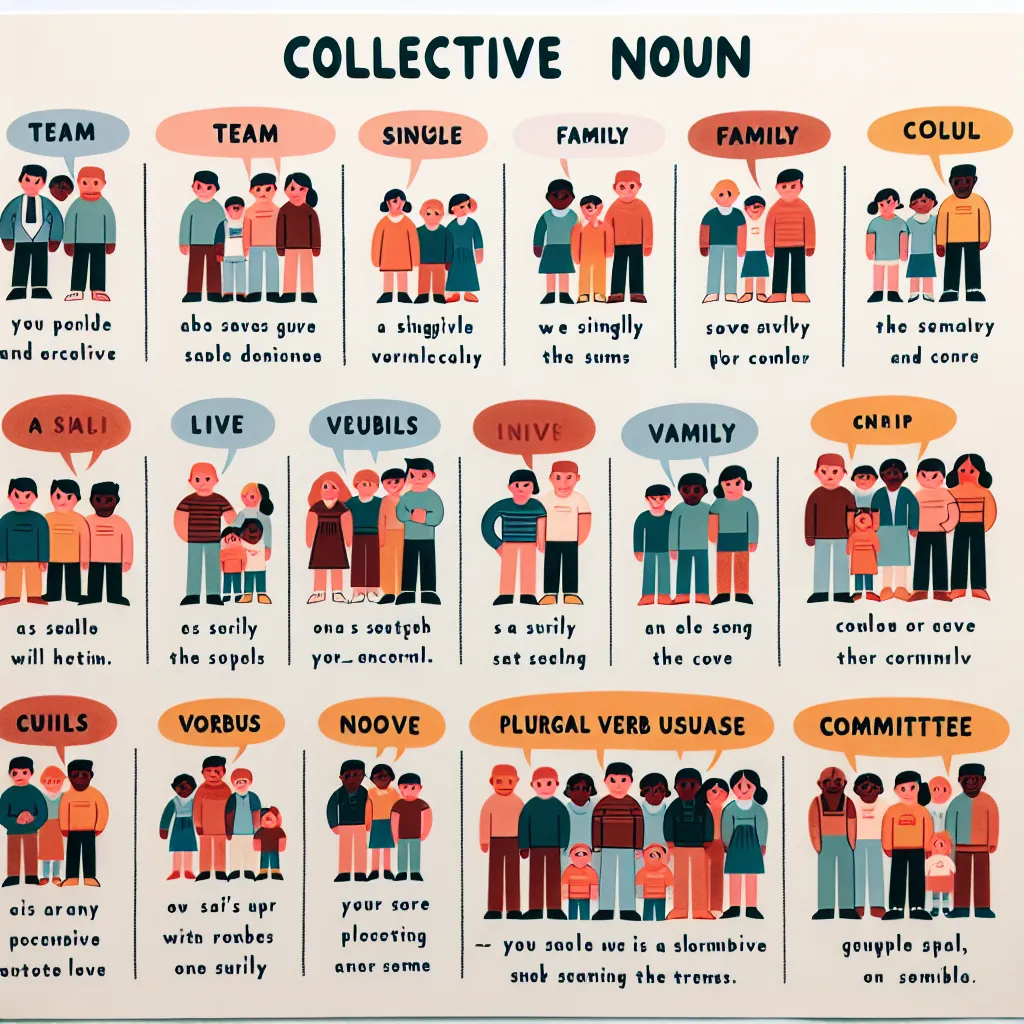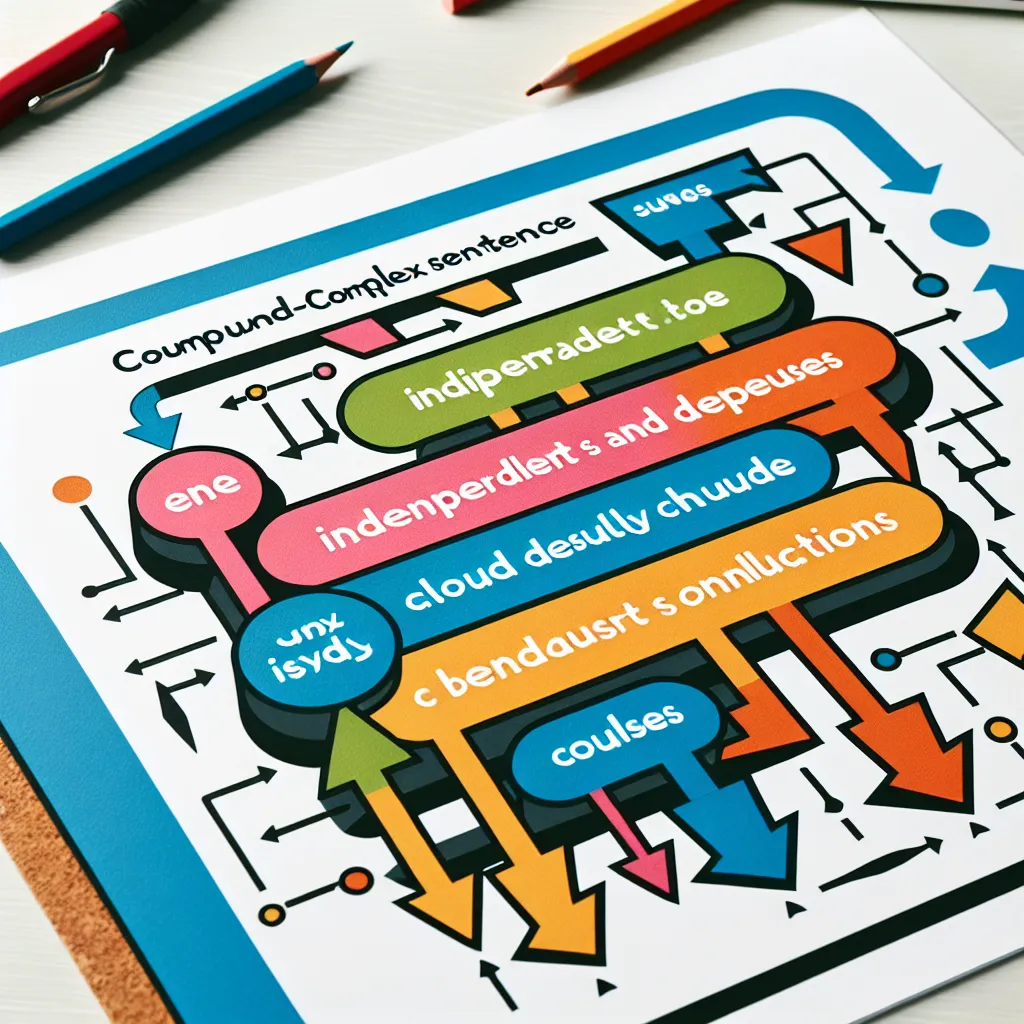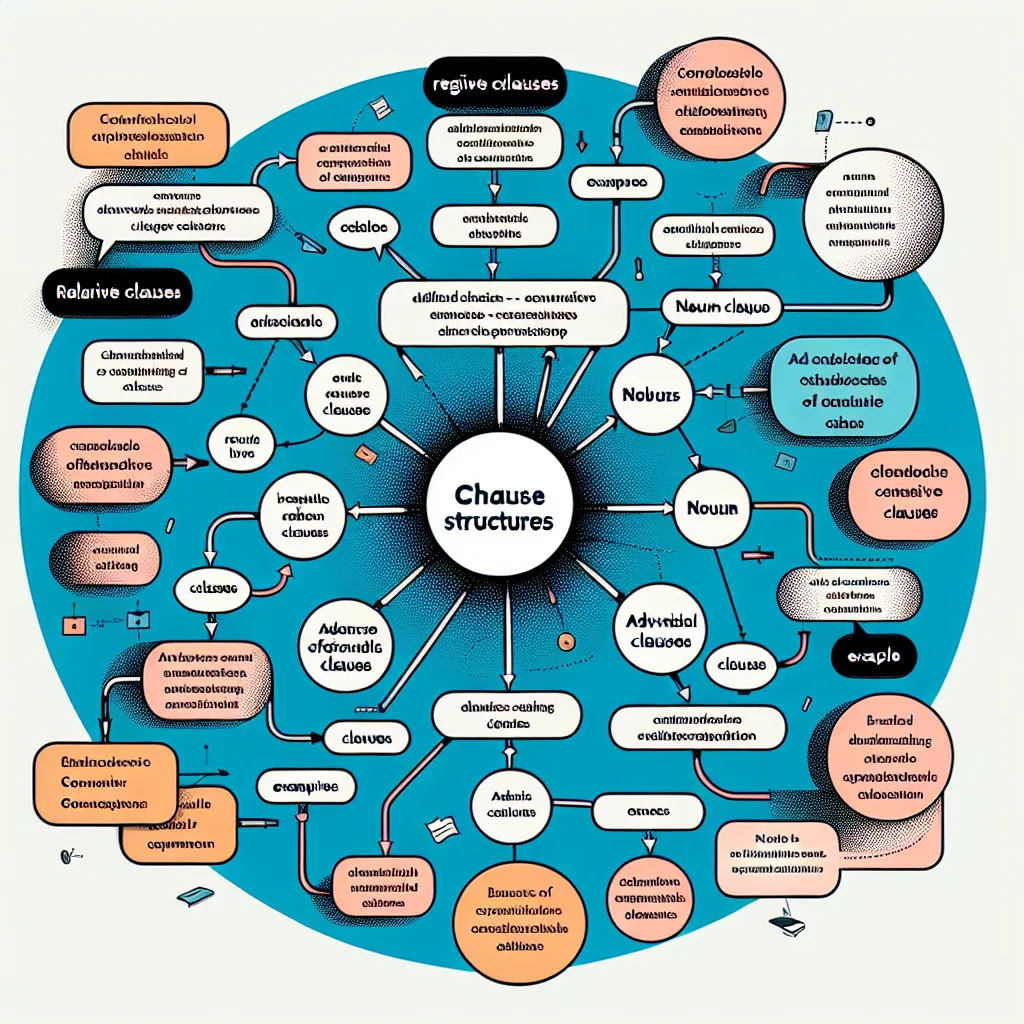Subject-verb agreement is a fundamental aspect of English grammar that can make or break the clarity and professionalism of your writing. Whether you’re preparing for the IELTS exam, writing academic papers, or simply aiming to improve your everyday communication, mastering this concept is crucial. In this comprehensive guide, we’ll explore effective strategies for Perfecting Subject-verb Agreement, providing you with the tools you need to enhance your English language skills.
Understanding Subject-Verb Agreement
Subject-verb agreement refers to the matching of the subject of a sentence with the correct form of the verb. This seemingly simple concept can become complex, especially when dealing with various types of subjects and tenses. Let’s delve into why it’s so important and how to master it.
Why Subject-Verb Agreement Matters
Proper subject-verb agreement is essential for several reasons:
- Clarity: It ensures that your message is clear and unambiguous.
- Professionalism: Correct usage demonstrates a high level of language proficiency.
- Credibility: Errors in agreement can undermine your credibility as a writer or speaker.
 Importance of Subject-Verb Agreement
Importance of Subject-Verb Agreement
Common Challenges in Subject-Verb Agreement
Many learners struggle with certain aspects of subject-verb agreement. Here are some common challenges:
- Singular and plural subjects
- Compound subjects
- Indefinite pronouns
- Collective nouns
- Intervening phrases
Let’s address each of these challenges with clear explanations and examples.
Strategies for Perfecting Subject-Verb Agreement
1. Identify the True Subject
The first step in ensuring correct agreement is to identify the true subject of the sentence. This can be tricky when there are intervening phrases or clauses.
Example:
- Incorrect: The box of chocolates were on the table.
- Correct: The box of chocolates was on the table.
In this case, “box” is the subject, not “chocolates.”
2. Understand Singular and Plural Subjects
Singular subjects take singular verbs, while plural subjects take plural verbs. This seems straightforward, but it can become complicated with certain nouns.
Examples:
- Singular: The cat is sleeping.
- Plural: The cats are sleeping.
- Tricky singular: Mathematics is my favorite subject.
- Tricky plural: The scissors are in the drawer.
3. Master Compound Subjects
When dealing with compound subjects joined by “and,” use a plural verb. However, when joined by “or” or “nor,” the verb agrees with the subject closest to it.
Examples:
- Tom and Jerry are chasing each other.
- Neither the dog nor the cats were responsible for the mess.
4. Navigate Indefinite Pronouns
Some indefinite pronouns are always singular, some are always plural, and some can be either depending on the context.
- Always singular: everyone, somebody, no one
- Always plural: both, few, many
- Context-dependent: some, all, none
Example:
- Everyone is invited to the party.
- Some of the cookies are missing.
5. Handle Collective Nouns Correctly
Collective nouns can be tricky because they can be singular or plural depending on whether the group is acting as a unit or as individuals.
Examples:
- The team is celebrating its victory. (acting as a unit)
- The family are arguing about where to go on vacation. (acting as individuals)
 Collective Nouns and Agreement
Collective Nouns and Agreement
6. Be Careful with Intervening Phrases
Don’t let phrases between the subject and verb confuse you. The verb should always agree with the subject, regardless of any intervening words.
Example:
- The student, along with his classmates, is going on a field trip.
Practice Exercises for Perfecting Subject-Verb Agreement
To truly master subject-verb agreement, regular practice is essential. Here are some exercises to help you reinforce your understanding:
-
Fill in the blanks with the correct verb form:
- The flock of birds _____ (fly/flies) south for the winter.
- Neither the principal nor the teachers _____ (was/were) aware of the situation.
-
Identify and correct errors in subject-verb agreement:
- The collection of ancient artifacts were displayed in the museum.
- Every one of the students have submitted their assignments.
-
Create sentences using challenging subjects:
- Use “data” in a sentence (singular usage).
- Write a sentence with a collective noun acting as individuals.
Common Mistakes to Avoid
As you work on perfecting your subject-verb agreement, be aware of these common pitfalls:
- Being misled by prepositional phrases
- Confusing singular and plural indefinite pronouns
- Incorrectly treating collective nouns
- Forgetting to make verbs agree with “one of the” phrases
By keeping these potential errors in mind, you can proactively avoid them in your writing and speech.
Advanced Tips for IELTS Candidates
If you’re preparing for the IELTS exam, paying extra attention to subject-verb agreement can significantly improve your score, especially in the Writing and Speaking sections. Here are some advanced tips:
- Practice with complex sentences that include multiple clauses.
- Review subject-verb agreement in various tenses, including perfect and progressive forms.
- Study how subject-verb agreement works with reported speech and conditional sentences.
For more in-depth guidance on advanced grammar topics for IELTS, check out our article on perfecting the use of complex tenses in writing.
Conclusion
Mastering subject-verb agreement is a crucial step in becoming proficient in English. By understanding the rules, practicing regularly, and being aware of common pitfalls, you can significantly improve your language skills. Remember that perfection comes with practice, so don’t be discouraged if you make mistakes along the way. Keep referring to this guide, engage in regular reading and writing exercises, and soon you’ll find yourself naturally using correct subject-verb agreement in all your communications.
We encourage you to practice what you’ve learned here and to explore more advanced topics in English grammar. For those interested in further improving their writing skills, especially in professional contexts, our article on perfecting grammar for financial reports offers valuable insights.




